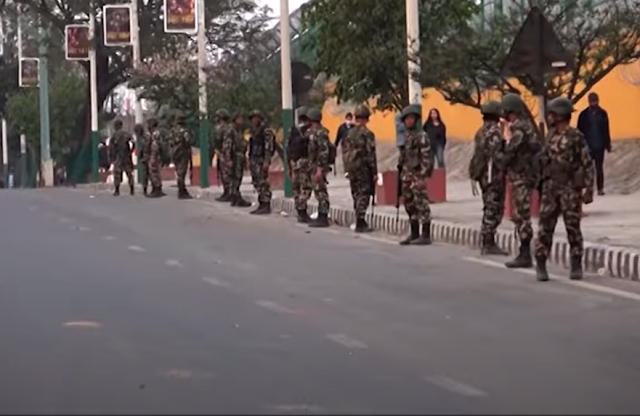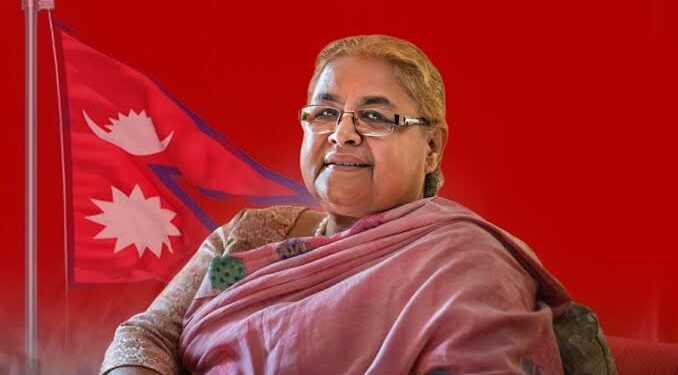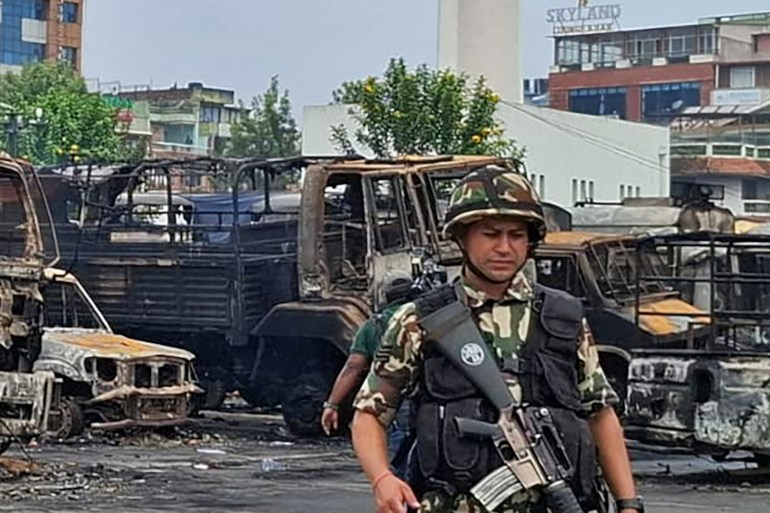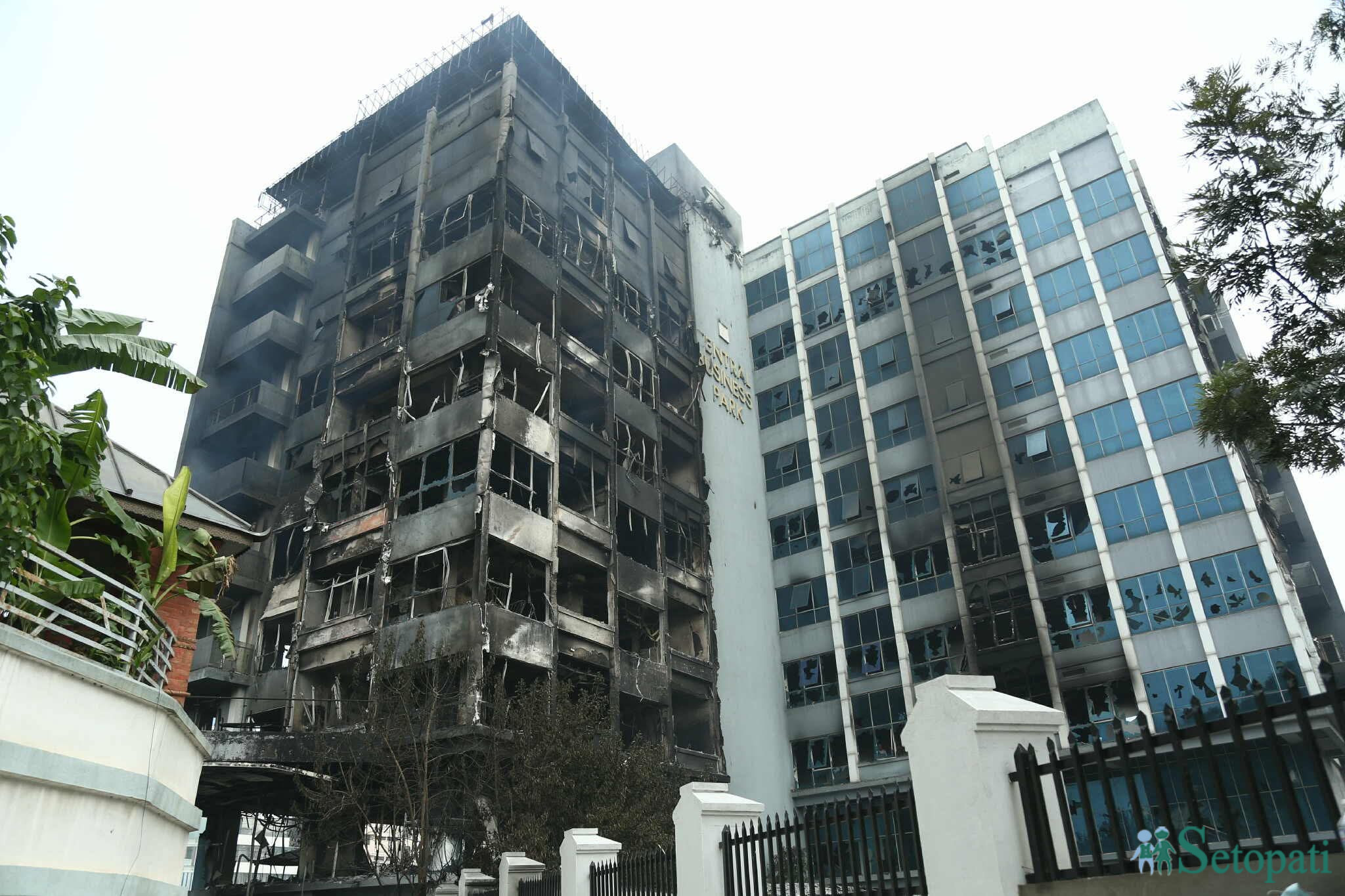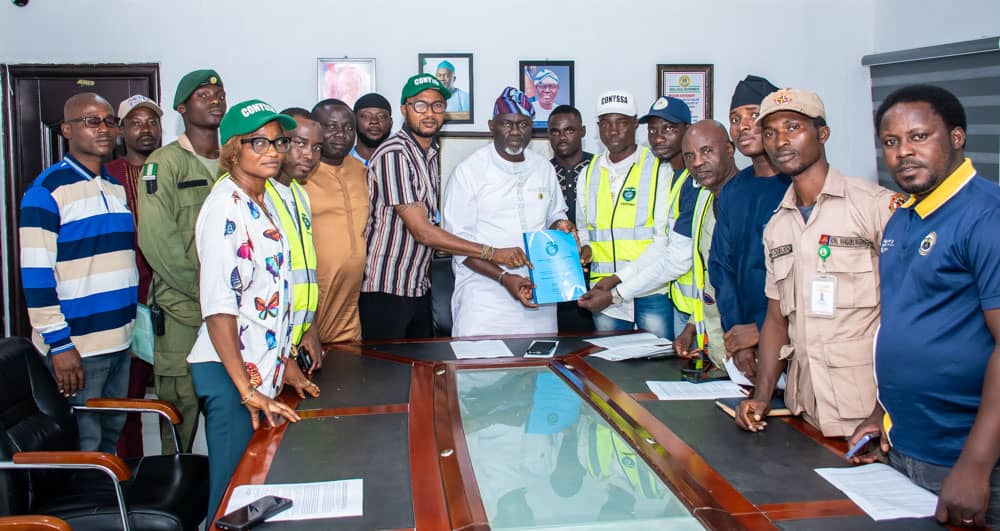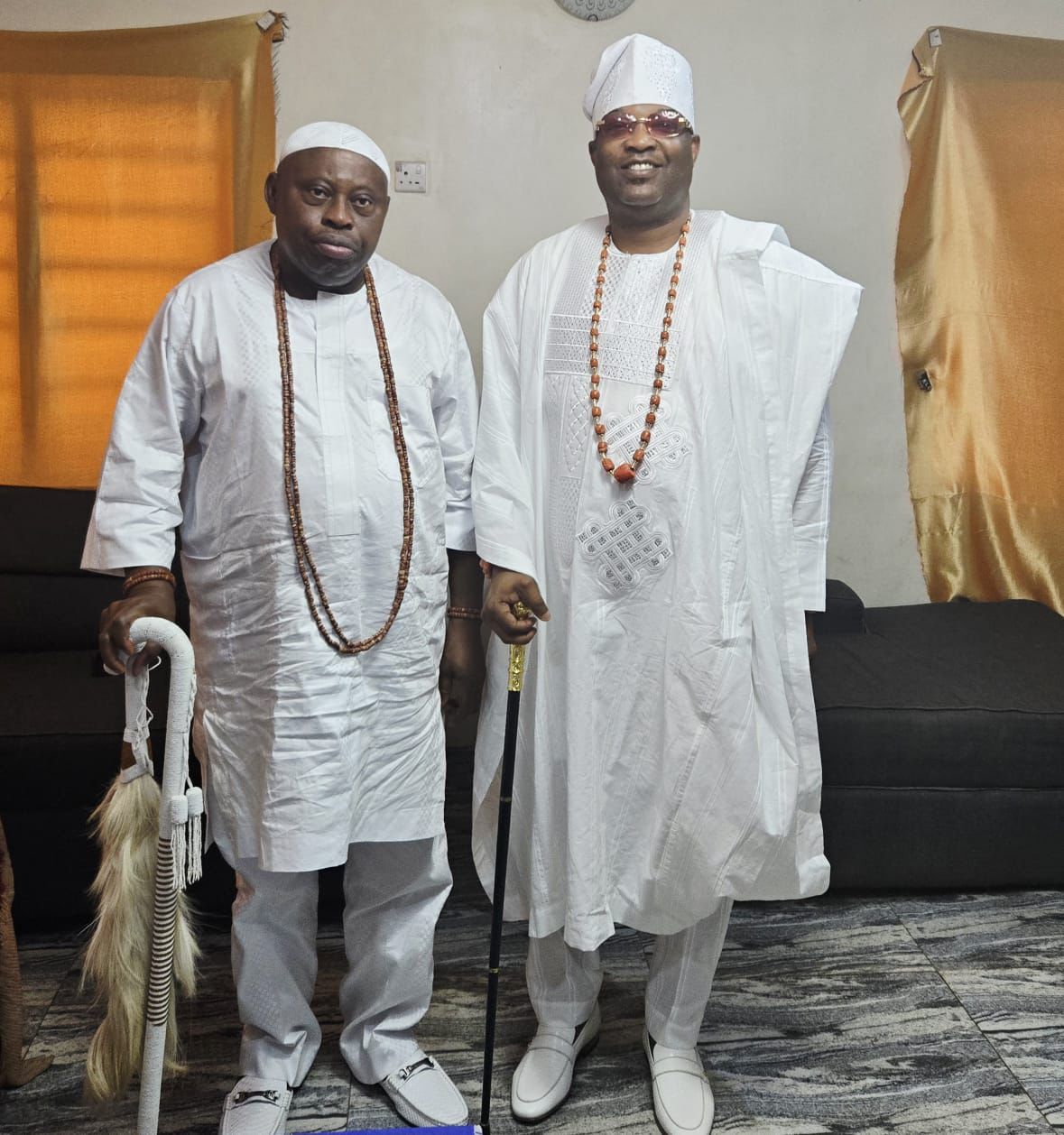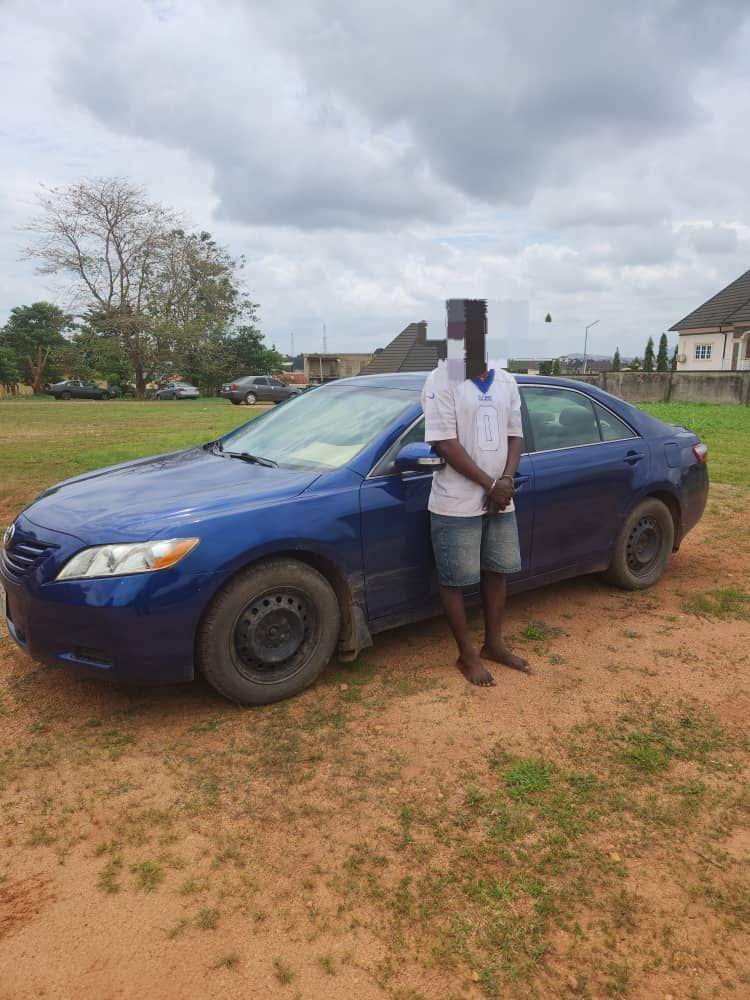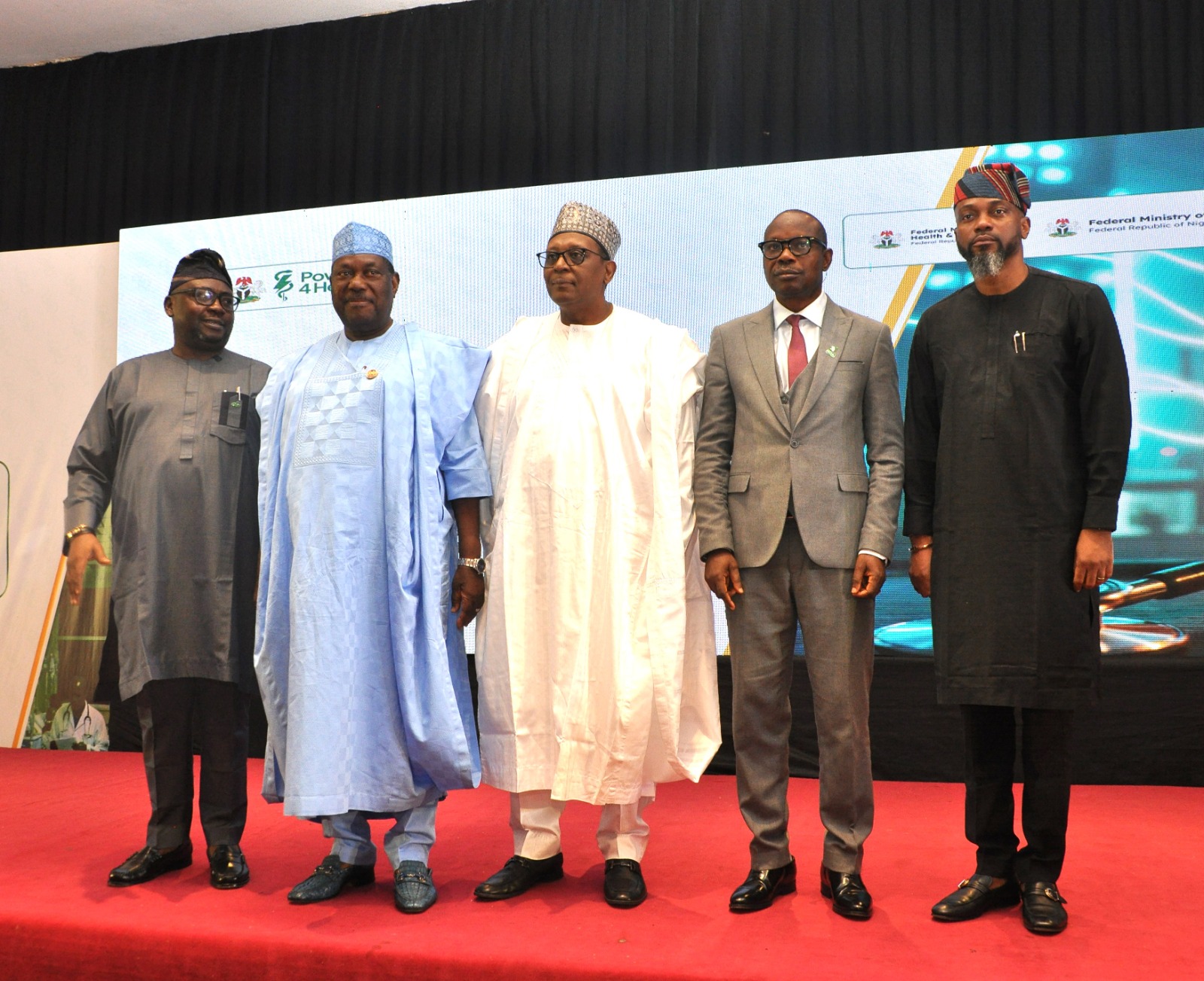KalimNews | September 11, 2025 | Kathmandu : As Nepal grapples with the aftermath of one of the most intense civilian uprisings in recent history, President Ramchandra Paudel has broken his silence, issuing a nationwide appeal for calm, cooperation, and a swift return to constitutional order. In a press release issued on Thursday, the President said he is making “every possible effort within the constitutional framework” to guide the nation out of the current crisis.
The President’s statement comes amid growing public pressure, following mass demonstrations that erupted across the country from September 8 to 10, spearheaded by the Gen-Z movement. The protests have resulted in significant loss of life and widespread destruction, prompting curfews and an extensive security response.
President Paudel emphasized his deep concern for the situation and assured the public that dialogue is underway to address the protestors’ demands. “I urge all citizens and stakeholders to support the restoration of peace and the constitutional process,” he stated, adding that all efforts are being directed towards a swift and democratic resolution.
Casualties, Arrests, and a Nation in Shock
The Ministry of Health and Population has confirmed 34 fatalities and 1,368 injuries across Nepal linked to the Gen-Z protests. According to ministry spokesperson Dr. Prakash Budhathoki, most of the injured have been treated and discharged, with 949 individuals having returned home from hospitals so far.
Among those killed were both protestors and security personnel. The protests, which occurred on Bhadra 23 and 24 (September 8–9), marked one of the most violent and widespread civilian mobilizations in recent Nepali history.
In response, law enforcement has launched a nationwide crackdown on jail escapees and rioters. Police and army units have rearrested 17 escapees from Lalitpur’s Nakkhu Jail, including former state minister and convicted criminal Sanjay Takla. Additional arrests include four escapees from the Central Jail in Sundhara, three juveniles from the Dipayal Silgadhi Juvenile Reform Home in Doti, 39 inmates from Gajuri Prison in Dhading, and 16 juveniles from the Jayandu Reform Home in Banke.
Nepal Army personnel also intervened at the Nepalgunj District Prison in Banke after inmates attempted to incite riots and set fires. One prisoner was injured during the operation. Meanwhile, in Banepa-9, Kavrepalanchok, the Army successfully disposed of eight live socket bombs found in a residential area.
The Nepal Police has urged the public to return any weapons, communication devices, vehicles, body armor, or uniforms seized during the protests. These can be handed over to local police stations, district offices, or reported via Police Control 100, the Nepal Police HQ number (9851293459), or the toll-free line (16600141516). Authorities have also warned against the misuse of police or military attire and requested the public’s help in maintaining law and order.
Political Shake-Up: Interim Government on the Horizon
Amid the chaos, a dramatic political shift is underway. Prime Minister KP Sharma Oli has resigned following growing pressure and nationwide unrest. The focus has now shifted to forming an interim government that can stabilize the country and prepare for fresh elections.
Negotiations are scheduled to take place today involving President Ram Chandra Paudel, Chief of Army Staff Ashok Raj Sigdel, and representatives of the Gen-Z movement. According to sources close to the matter, former Chief Justice Sushila Karki has been finalized as the sole nominee of the Gen-Z protestors for the post of interim Prime Minister.
Talks will first be held between Karki’s aides and the Nepal Army before any potential discussions move to the President’s Office at Sheetal Niwas. Karki’s candidacy has gained momentum, especially after vocal support from Kathmandu Metropolitan City Mayor Balen Shah.
Observers note that Karki’s potential appointment mirrors the 2013 interim government model, when then-Chief Justice Khil Raj Regmi was appointed to lead an election-time government. Regmi, however, remained Chief Justice while heading the cabinet—a controversial move that sparked protests from 22 political parties at the time.
Divided Mayors, Divided Streets
The political ambitions of local leaders have also come into focus. Dharan Mayor Harka Raj Rai Sampang openly criticized Mayor Balen Shah on Facebook, accusing him of failing to step up during the national crisis. Sampang, who has also expressed his own willingness to lead the country, met with Chief of Army Staff Sigdel on Wednesday. Despite his ambitions, political analysts believe the Army is unlikely to endorse his candidacy.
Without naming Shah directly, Sampang labeled him “a coward who hides during crises, avoids the streets, and expects others to carry him.” Shah, meanwhile, has reiterated his support for Sushila Karki and is reportedly preparing to form his own political party, with aspirations to run for the post of directly elected executive prime minister in future elections.
Widespread Devastation: Rs 200 Billion in Damage
The two-day Gen-Z protests have left behind unprecedented destruction. Government officials estimate that damage to public infrastructure alone has crossed Rs 200 billion. Key government buildings—including Singha Durbar, the Parliament, and the Supreme Court—have suffered extensive fire damage. In addition to property loss, irreplaceable historical records and national documents have been destroyed in the fires.
The Ministry of Urban Development described the situation as a “catastrophic loss of national heritage and governance capacity,” with the rebuilding process likely to take years.
Press Under Pressure: Media Blocked Outside Army HQ
As protests intensified, Gen-Z demonstrators gathered outside the Nepal Army Headquarters blocked Indian media outlets from reporting live. Protestors accused foreign journalists of biased reporting and forcibly removed them from the premises. The Nepali Army subsequently ordered all media personnel to leave the site to avoid further confrontation.
This incident highlights the growing tension between protestors and the media, especially regarding perceptions of establishment bias and misinformation.
The Road Ahead: Fragile Hope Amid Crisis
As the country stands at a historic crossroads, President Paudel’s call for calm and cooperation may offer a crucial pause for reflection and diplomacy. Whether the proposed interim government under Sushila Karki materializes and manages to bring stability remains to be seen. What is clear, however, is that the youth-led Gen-Z movement has reshaped Nepal’s political discourse—and the coming days will determine if that momentum translates into systemic change or deeper division.
The President’s appeal serves as a reminder that in times of upheaval, a nation’s strength lies in its ability to come together—even when pulled apart by crisis.


